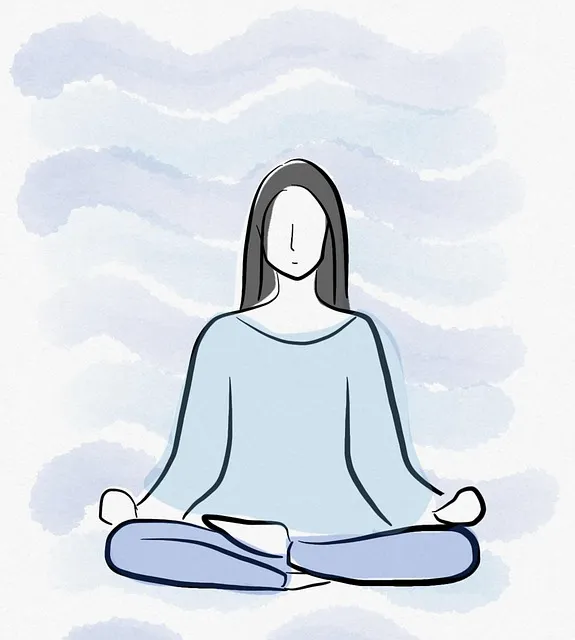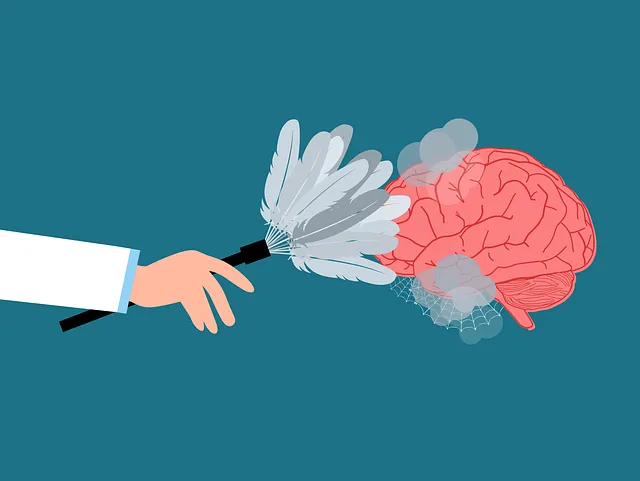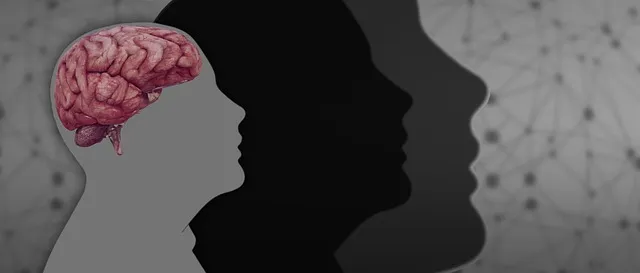Journaling, a popular mental wellness practice supported by Kaiser Permanente Boulder reviews, involves documenting thoughts to gain clarity and process emotions. Regular journaling aids stress management, prevents mental health escalation, and fosters self-awareness & cultural sensitivity in care. It enhances emotional well-being through introspection, tracking progress, identifying patterns, and celebrating achievements, as highlighted by Kaiser Permanente's programs. Personalized routines with dedicated time and diverse activities deepen self-understanding for improved mental wellness.
“Unwind your mind and explore the transformative power of journaling with our comprehensive guide. At the Kaiser Permanente Mental Health Center in Boulder, we believe that self-reflection is a key pillar of mental wellness. This article delves into the art of journaling as a therapeutic tool, offering insights on its numerous benefits for managing stress, anxiety, and improving overall well-being. We’ll navigate creating a personalized routine, provide practical techniques, and offer prompts to help you unlock your journal’s potential.”
- Understanding Journaling for Mental Wellness
- Benefits of Regular Journaling Practices
- Creating Your Ideal Journaling Routine
- Effective Techniques and Prompts for Journaling
Understanding Journaling for Mental Wellness

Journaling for mental wellness is a powerful tool that has gained significant traction in recent years, backed by research from even esteemed institutions like the Kaiser Permanente mental health center in Boulder. It’s a form of self-care and reflection that involves documenting thoughts, feelings, and experiences to gain clarity, process emotions, and promote healing. This practice can be as simple as writing freely about one’s day or delving into more structured formats, such as using prompts related to gratitude, challenges faced, or aspirations for the future.
Incorporating journaling into daily routines, much like the Crisis Intervention Guidance offered by mental health professionals, can help manage stress and prevent escalation. It allows individuals to process their experiences, identify patterns, and develop coping strategies. Moreover, it fosters cultural sensitivity in mental healthcare practice by encouraging introspection and self-awareness, ultimately leading to improved emotional well-being.
Benefits of Regular Journaling Practices

Regular journaling practices offer a multitude of benefits for mental wellness, as backed by research and advocated by institutions like the Kaiser Permanente mental health center in Boulder. It serves as a safe space for introspection, allowing individuals to process their thoughts, emotions, and experiences. This self-reflection can lead to increased awareness of one’s mental state, fostering better emotional regulation and resilience. By putting pen to paper, people can often gain clarity on complex feelings, leading to more effective coping strategies.
Furthermore, the act of journaling encourages self-care routines and promotes a deeper connection with oneself. It facilitates the practice of mindfulness, helping individuals stay present and cultivate a positive mindset. Through regular expression, one can also track progress over time, identify patterns in their mental health, and celebrate achievements or milestones in managing their well-being. These practices are complemented by Kaiser Permanente’s Mental Health Education Programs Design and Empathy Building Strategies, which aim to reduce the stigma surrounding mental illness and encourage proactive mental wellness management.
Creating Your Ideal Journaling Routine

Creating a personalized journaling routine is a powerful way to nurture your mental wellness, and it can be an essential tool for anyone seeking support from a Kaiser Permanente mental health center in Boulder. Start by setting aside dedicated time each day or week for your journal—a moment when you can disconnect from the outside world and focus inward. Consistency is key; whether it’s 15 minutes daily or an hour on Sundays, make journaling a non-negotiable part of your schedule.
Consider incorporating various Self-Awareness Exercises into your routine to explore different aspects of your mental health. You might reflect on your emotions, track your thoughts, practice gratitude, set intentions, or even use art and creativity as a form of expression. The goal is to create a safe and judgment-free space where you can honestly document your experiences. With time, this practice will enhance your understanding of yourself and provide valuable insights, especially when coupled with the expert support available from Trauma Support Services in Boulder.
Effective Techniques and Prompts for Journaling

Journaling is a powerful tool for self-reflection and emotional processing, making it an essential practice in promoting mental wellness. At the Kaiser Permanente mental health center in Boulder, they emphasize the benefits of this technique as part of their holistic approach to patient care. Here are some effective techniques and prompts to make journaling a meaningful exercise:
Engage your senses by describing your surroundings or recalling memories. For instance, write about the sounds, scents, or sights that bring you comfort. This sensory-focused approach can help ground you in the present moment and enhance self-awareness. Additionally, reflecting on past experiences and lessons learned allows for personal growth and a deeper understanding of one’s emotional responses. Incorporating gratitude into your journal by listing things you’re thankful for is another beneficial practice, as it shifts the perspective towards positivity and fosters resilience. These prompts can be especially valuable when coupled with the Self-Care Routine Development for Better Mental Health, encouraging individuals to prioritize their well-being.
Mental wellness journaling can be a powerful tool for self-discovery and improvement, as evidenced by positive reviews from the Kaiser Permanente mental health center in Boulder. By incorporating regular journaling practices into your routine, you can harness the benefits of introspection and expression. Through effective techniques and prompts, you’ll develop a personalized journaling exercise that fosters mental clarity, emotional understanding, and overall well-being. Remember, creating your ideal journaling routine is a journey; be patient, experiment, and let it become an integral part of your self-care regimen.






